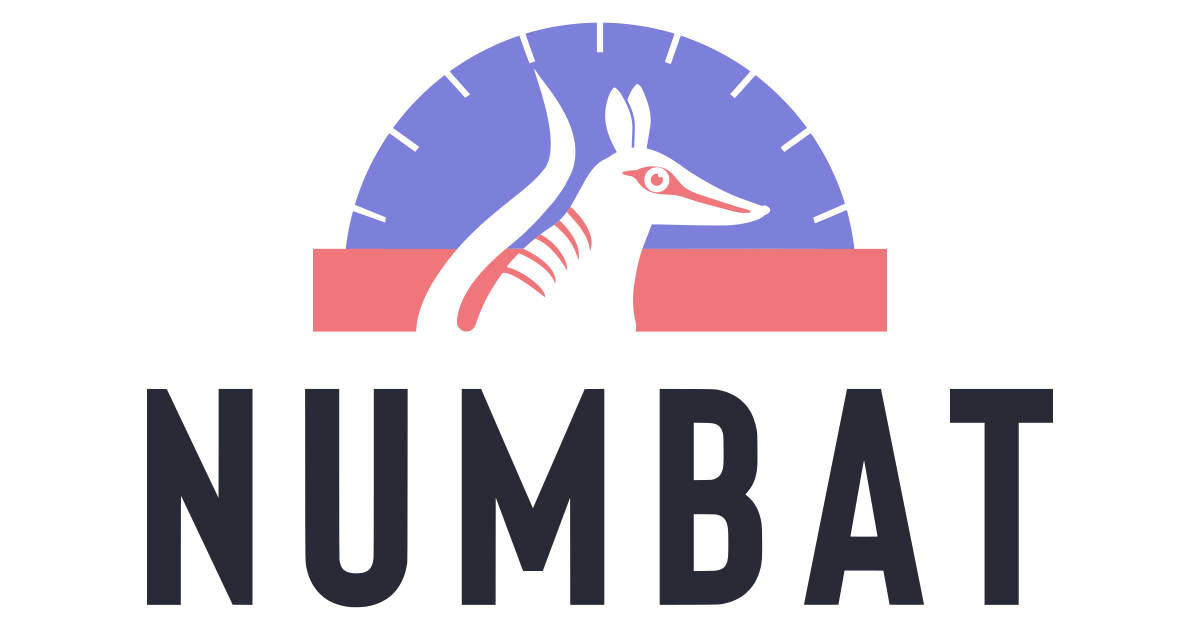You know, I wish I could enjoy IRC - or chatrooms in general. But I just struggle with them. Forums and their ilk, I get. I check in on them and see what’s been posted since I last visited, and reply to anything that motivates me to do so. Perhaps I’ll even throw a post up myself once in a while.
But with IRC, Matrix, Discord, etc, I just feel like I only ever enter in the middle of an existing conversation. It’s fine on very small rooms where it’s almost analagous to a forum because there’s little enough conversation going on that it remains mostly asynchronous. But larger chatrooms are just a wall of flowing conversation that I struggle to keep up with, or find an entry point.
Anyway - to answer the actual question, I use something called “The Lounge” which I host on my VPS. I like it because it remains online even when I am not, so I can atleast view some of the history of any conversation I do stumble across when I go on IRC. I typically just use the web client that comes with it.




















Nice. I’ve not seen any of your other videos yet, but I can say that for this one, I really loved that you just jumped straight in to the action and kept the video tight, without missing important details.